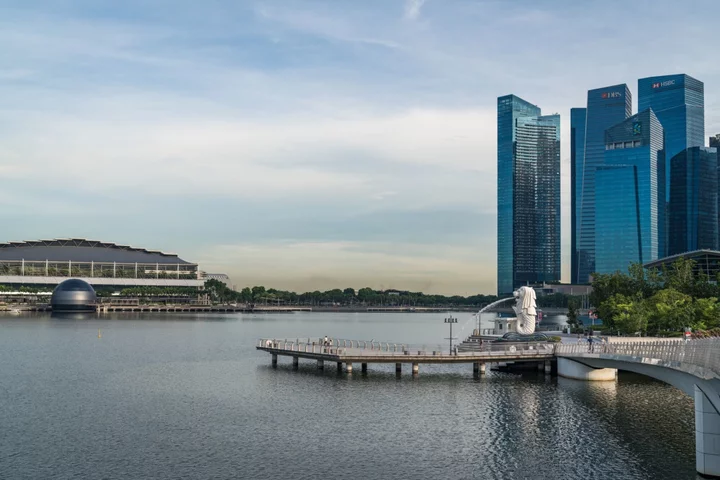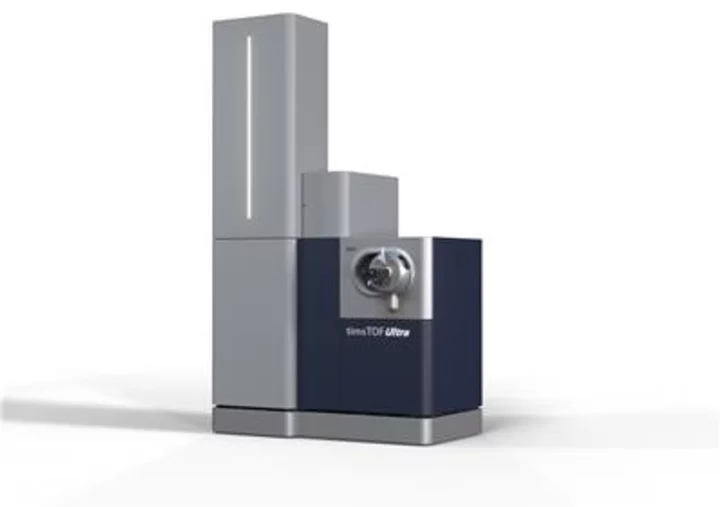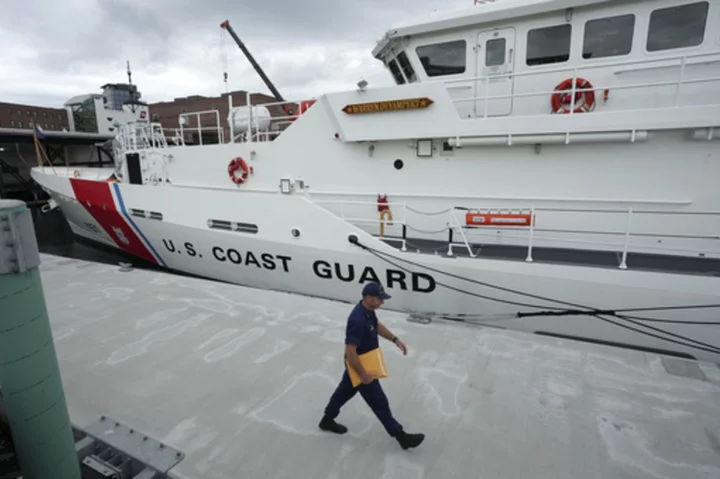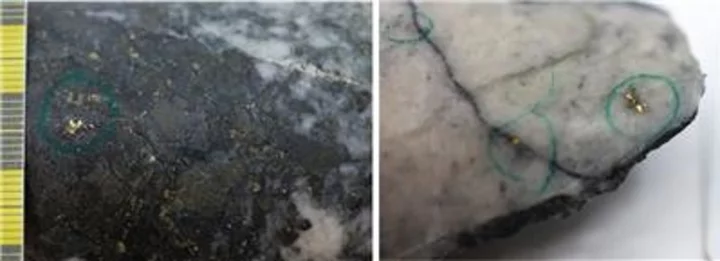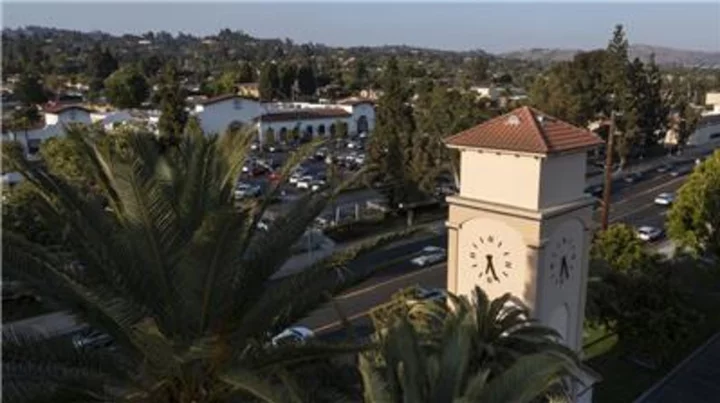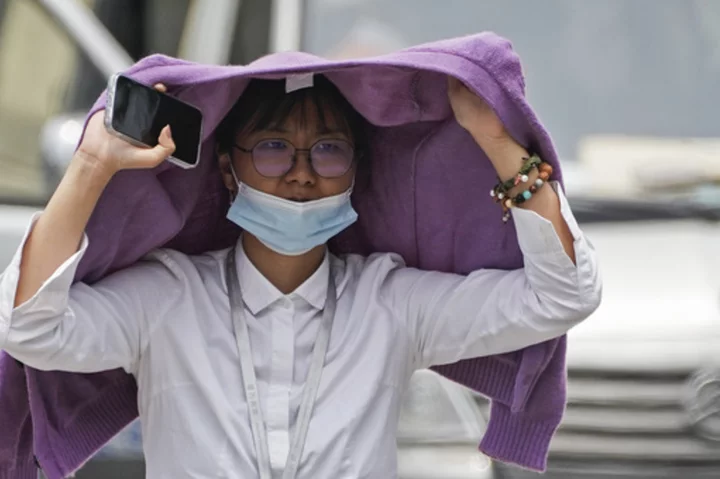A new carbon offsets registry focused on Asia launched Tuesday, seeking to tap into the world’s biggest market for projects that help companies and countries meet net zero targets.
Unlike registries that focus on nature projects, the Singapore-based Asia Carbon Institute will target offsets generated from green technology, and buildings and other infrastructure with lower emissions, founder John Lo said in an interview.
The registry, which is currently in talks with developers for more than 20 projects, aims to have 50 listed in the next six to 12 months, he said. Each project could range from 1,000 tons to more than 1 million tons a year of emissions avoided or removed, he added.
Asia is the world’s biggest carbon offsets producer, generating 44% of credits globally. Value generated from the Southeast Asia offsets market alone could hit $10 billion a year by 2030, according to Bain & Co.
The new registry would be among the first for Asia, competing with global players that dominate the market, including Verra’s Verified Carbon Standard, Winrock International’s American Carbon Registry and the Climate Action Reserve. These entities set up rules for credits to be issued and ensure that they aren’t being used multiple times.
ACI wants to provide incentives for investments to reduce emissions from infrastructure, Lo said. The registry is in talks with companies in “underserved” sectors like electric vehicle charging and energy efficient buildings, and is developing methodologies for direct air capture and carbon capture, utilization and storage.
ACI, which has two employees, will also verify renewable energy projects, even though some investors and analysts have criticized these offsets for failing to meet “additionality” standards, meaning they don’t reduce emissions beyond what would already have happened. Verra and Gold Standard no longer accept renewable energy projects in most countries.
Lo said ACI will evaluate them on a case-by-case basis. “Simply applying a blanket restriction on such projects, it may not be fair and also may not be helpful in fighting climate change,” he said.
Singapore is trying to establish itself as a hub for carbon markets with its two fledgling bourses: AirCarbon and Climate Impact X, which has the backing of state investor Temasek Holdings Pte and the Singapore Exchange.
Lo, who currently works as a general manager of products trading operations at Shell Plc, said ACI is an independent personal initiative that’s not associated with or funded by Shell. Funders include real estate developers keen to offset their carbon footprint and family offices, he said.

